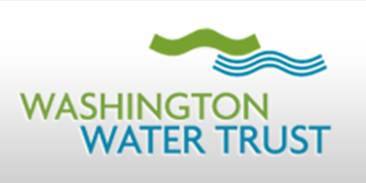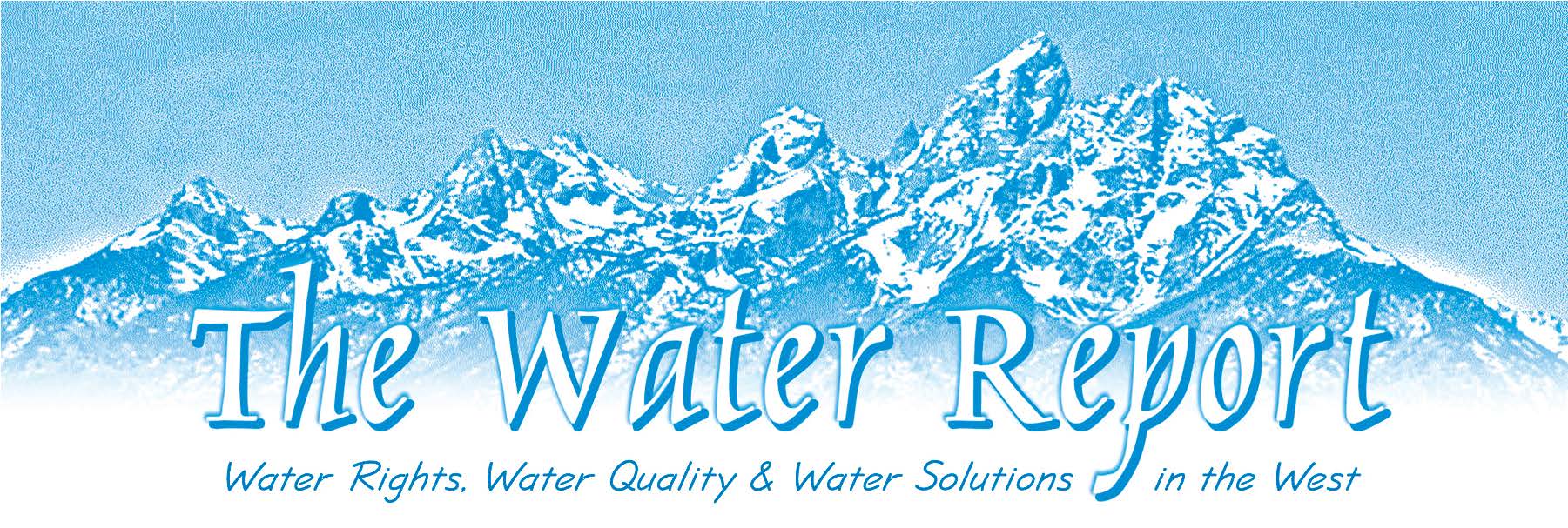
January to May 2025 Edition

Fireside Chat with Larry Mattson, the new Director of Washington Department of Ecology’s Office of Columbia River (OCR)
By Robin Nimmer, PhD, LG with Alta Science and Engineering, Inc.
 I had the privilege of meeting Larry Mattson, the new director of Washington Department of Ecology’s Office of Columbia River (OCR), a few years ago when we were working together on a project. Fast forward to a LinkedIn message about a month ago that Tom Tebb was retiring, and Ecology had hired Larry. I was instantly excited – so happy for him and for Ecology. Larry is personable and has a smile that will put you at ease.
I had the privilege of meeting Larry Mattson, the new director of Washington Department of Ecology’s Office of Columbia River (OCR), a few years ago when we were working together on a project. Fast forward to a LinkedIn message about a month ago that Tom Tebb was retiring, and Ecology had hired Larry. I was instantly excited – so happy for him and for Ecology. Larry is personable and has a smile that will put you at ease.
I thought interviewing Larry would make a great article for the upcoming AWRA-WA newsletter. People will be wondering, who is this new director? I came up with a list of five questions of things I wanted to know, and I figured you, the reader, would want to know too.
Q: What do you see are the biggest challenges right now in the Columbia River Basin?
- The high likelihood of a third drought year. We are beginning to go into drought planning mode. In the Yakima Basin the US Bureau of Recreation (BUR) has five reservoirs; the “sixth reservoir” is the mountain snowpack.
- Keeping the momentum going. Capital projects take decades - from planning, assessment, construction, to O&M. The first OCR director built a good foundation, and the second director expanded it. OCR enjoys bipartisan support. The big driver of the OCR mandate is to aggressively pursue water for fish, farms, and people. Environmental groups, farmers, and irrigators support us; cities, counties, tribes, and a diverse coalition helps us succeed.
Q: What do you think you will bring as the new director of OCR?
- Meeting people where they’re at. I have an assigned vehicle and plan to rack up a lot of miles.
- I was a land-use planner early in my career. There were some planners who would say ‘no, that won’t work.’ There were others who would say, ‘let’s see what we can come up with.’ I am on of the let’s-figure-it-out team. Let’s get to a solution that works for you and be consistent with the rules. My driving philosophy – if that rule interpretation can be favorable to the proponent then let’s get it done.
Q: What are your top priorities for this next year?
- Meeting people where they’re at. I am eager to hit the road by virtue with where I live, getting to focus on the Yakima Basin, Walla Walla Basin, Icicle Basin, and the Odessa Aquifer Replacement area. About 10 municipalities make up the Columbia Basin Sustainable Water Coalition (CBSWC) – it would be good to find potable water solutions for them.
- Coming to solutions/’alternatives’ mind-set. When I hear “no,” I ask, “what other methods could achieve this?” I’m an optimist but I’m not naïve - there’s got to be a way.
- Walla Walla Basin next steps. Jacobs is completing a bi-state flow study that flows into a larger BUR study that should wrap up in a year. We’ll then get into alternatives - what capital projects do we want to pursue with the implementation phase?
Q: What are you most excited about in this new role?
- Relationships – the building and ongoing protection of relationships to get the work done. This was important in my interviews for this position. It is a key part of this position and success for the job. It’s the glue that holds this all together or leads to failure. I will maintain and protect relationships – tribes, irrigators, cities, environmental interests. Ensuring they feel heard, and their positions are respected. Trying to bring the groups to consensus if they aren’t already there.
- Being engaged and seeing people face to face.
Q: Anything else you want to share?
- There’s a book called “Design with Nature” by Ian McHarg from 1969. The simple solution is often the best. To the extent that OCR can influence design, choosing simple solutions within the natural environment to minimize O&M and right-sizing capital project solutions. The more intricately engineered the designs are, the more problematic they can be to maintain. We want to build capital projects that aren’t maintenance intensive. A key part of my job is to implement capital projects.
- I’m excited about my new position! A lot of consequential conservation, habitat, and water storage projects have preceded me. I’ve got a great team and we’re eager to keep that momentum going.
Thanks for the interview time, Larry. Best wishes to you in your new role.

 I had the privilege of meeting Larry Mattson, the new director of Washington Department of Ecology’s Office of Columbia River (OCR), a few years ago when we were working together on a project. Fast forward to a LinkedIn message about a month ago that Tom Tebb was retiring, and Ecology had hired Larry. I was instantly excited – so happy for him and for Ecology. Larry is personable and has a smile that will put you at ease.
I had the privilege of meeting Larry Mattson, the new director of Washington Department of Ecology’s Office of Columbia River (OCR), a few years ago when we were working together on a project. Fast forward to a LinkedIn message about a month ago that Tom Tebb was retiring, and Ecology had hired Larry. I was instantly excited – so happy for him and for Ecology. Larry is personable and has a smile that will put you at ease. 

